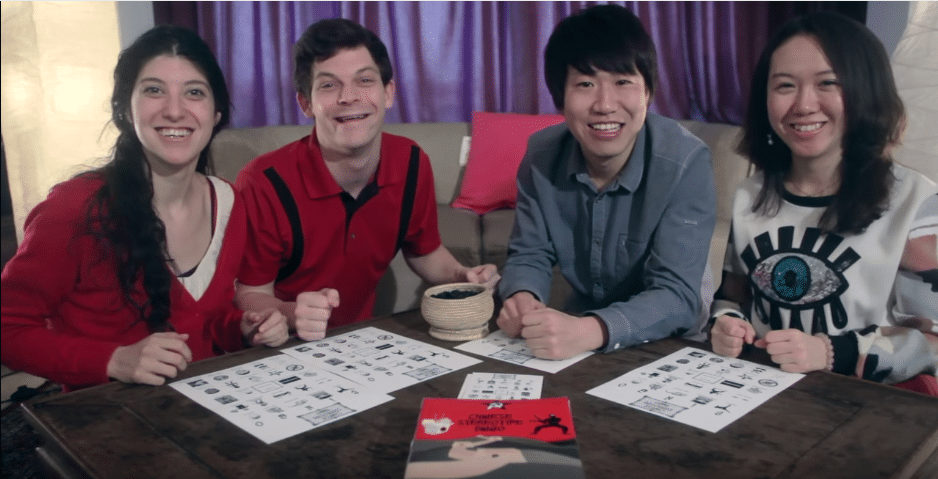“But wait? Are these things true?”
“Ha! If people asked themselves that question, we wouldn’t have stereotypes!”
If I perform comedy in China, I confront stereotypes of Americans. If I perform in America about China, I confront American stereotypes about Chinese. Stereotypes occupy a strange space in comedy. They make people laugh at others—and, if one considers the job of a comedian to make people laugh, then I suppose that they are an effective tool.
But seeing as I came to do comedy through my experiences in China, I hate relying on stereotypes in my own work. Past the initial chuckle a stereotype can get, there is a whole world of comedy to be discovered that expands upon our common humanity rather than our differences.
Some people claim that comedy has to be “against” something in order to be funny. But constructing straw-men out of other nations and people isn’t the only way to do this. There are plenty of “others” we can attack without reducing the conversation.
Why not attack the peppers in the hot pot that are causing terrible stomach anxiety the morning after? The inventor of the tie, who dictated that people must choke themselves in the name of fashion from sunup to sundown? The lithium-ion battery, for always dying just as you need it most?
Sometimes we attack others because we don’t want to attack the real source of our issues—ourselves. Having the courage to self-deprecate and accuse oneself of shallow thinking—for instance, initially lumping 1.3 billion people together because of their ancestry—is also fertile ground for comedy.
Living abroad has proved to me that the differences between individuals within cultures are greater than the differences between cultures themselves. A quiet person is a quiet person—and while there may be more quiet people in one culture than in another, that person is quiet because they are a human being with their own life and experiences, not because a stereotype exists of people who look like them being quiet. And since we all know any individual is more than capable of turning a cultural stereotype on its head, the more we see each other as people, the easier we will find it to live together across cultures.
I don’t always succeed at reaching this goal of stereotype-free comedy. I have flattened culture and human experience for laughs onstage. But when I skip the easy laugh and manage to broaden our humanity rather than flatten it, the laughs not only sound louder, they mean more.


